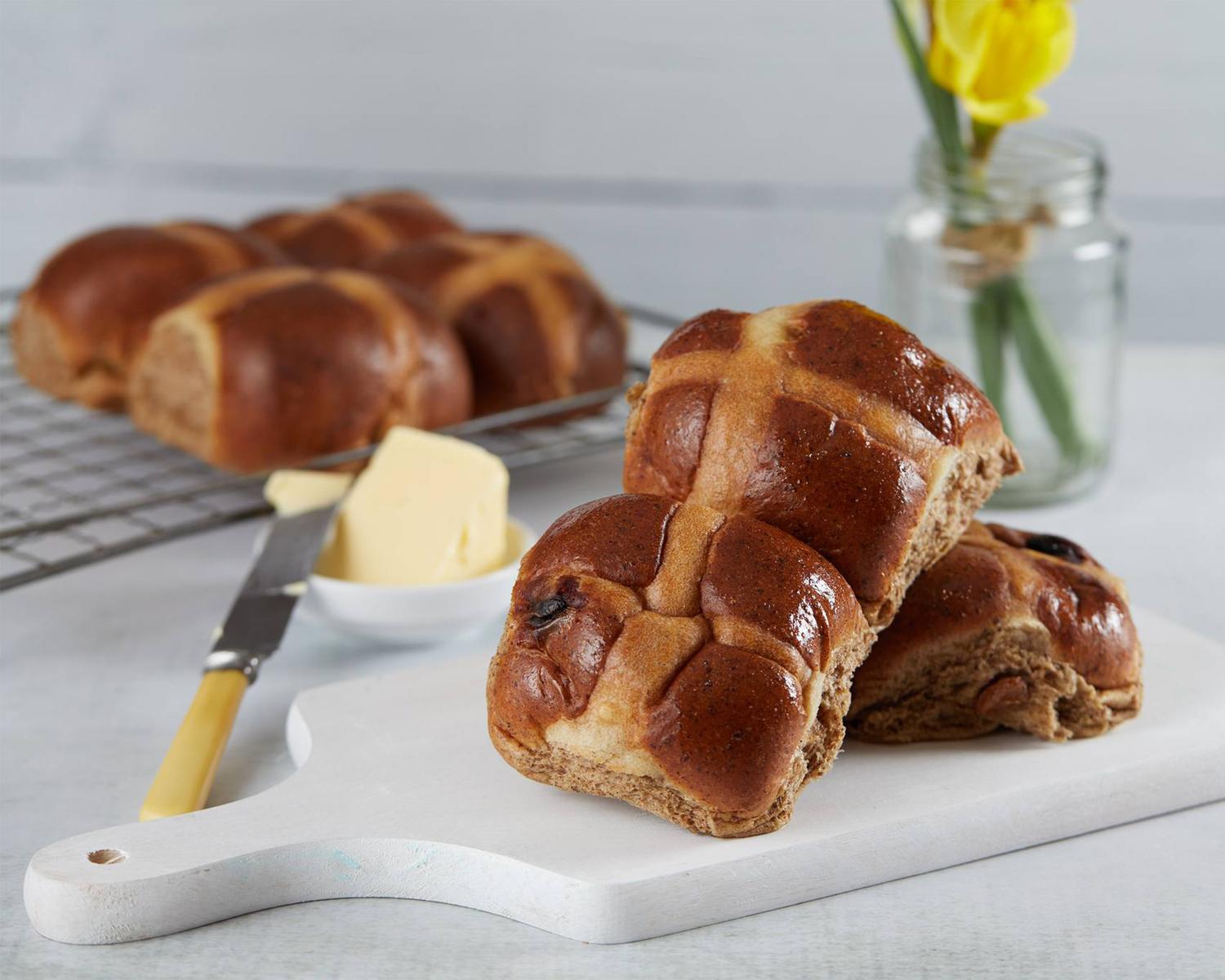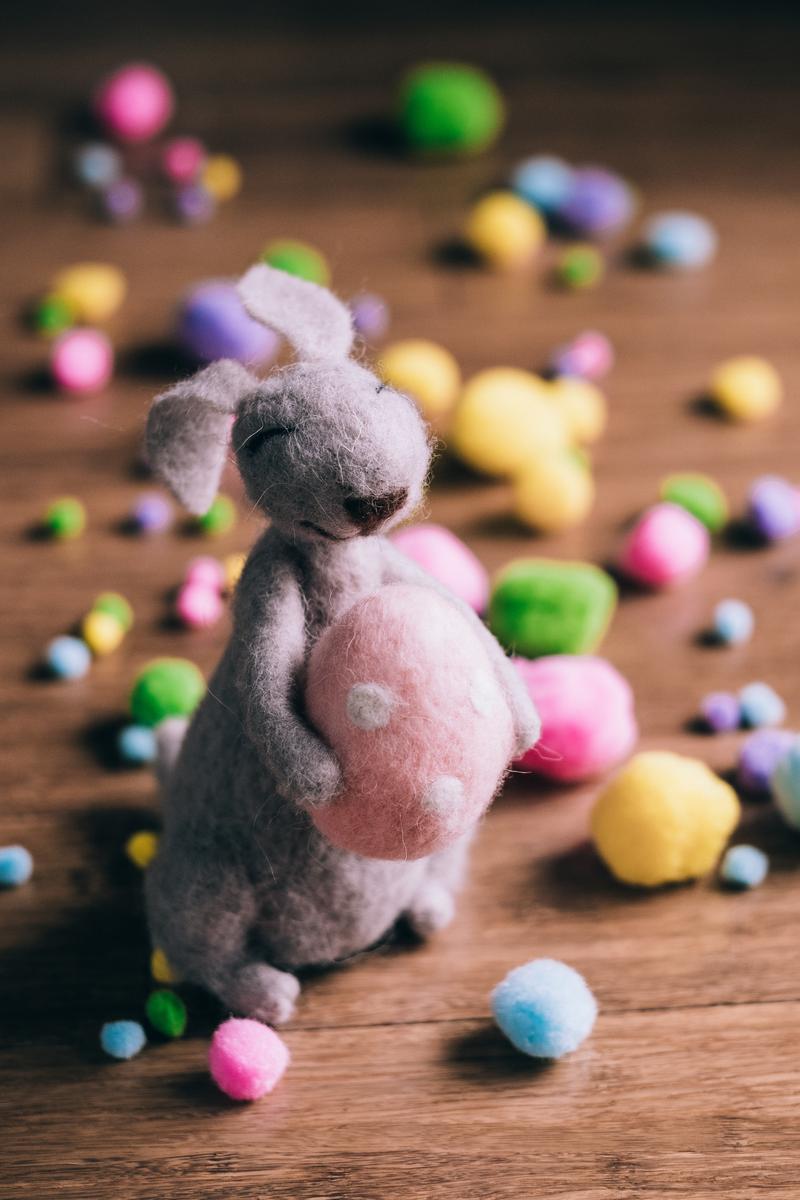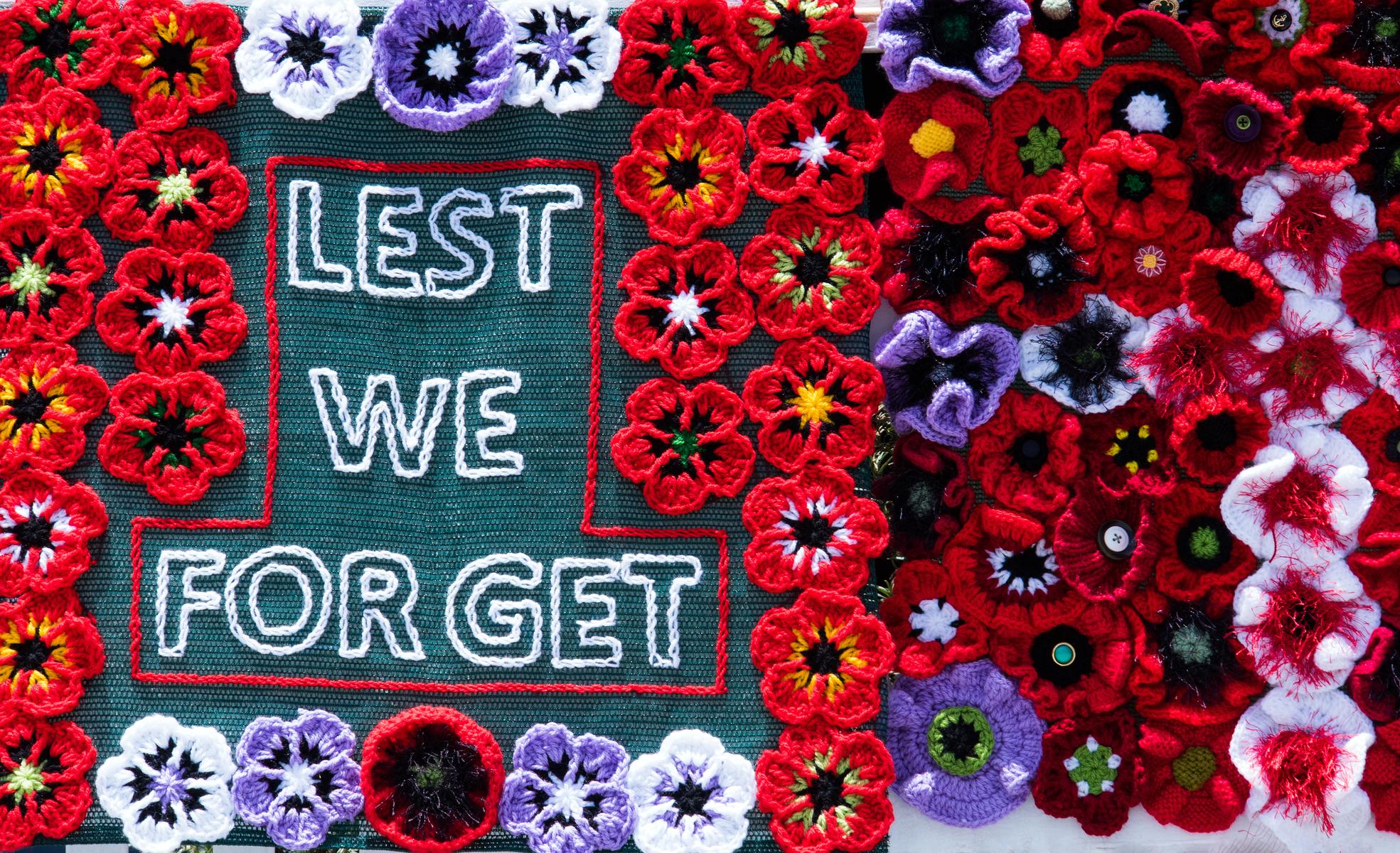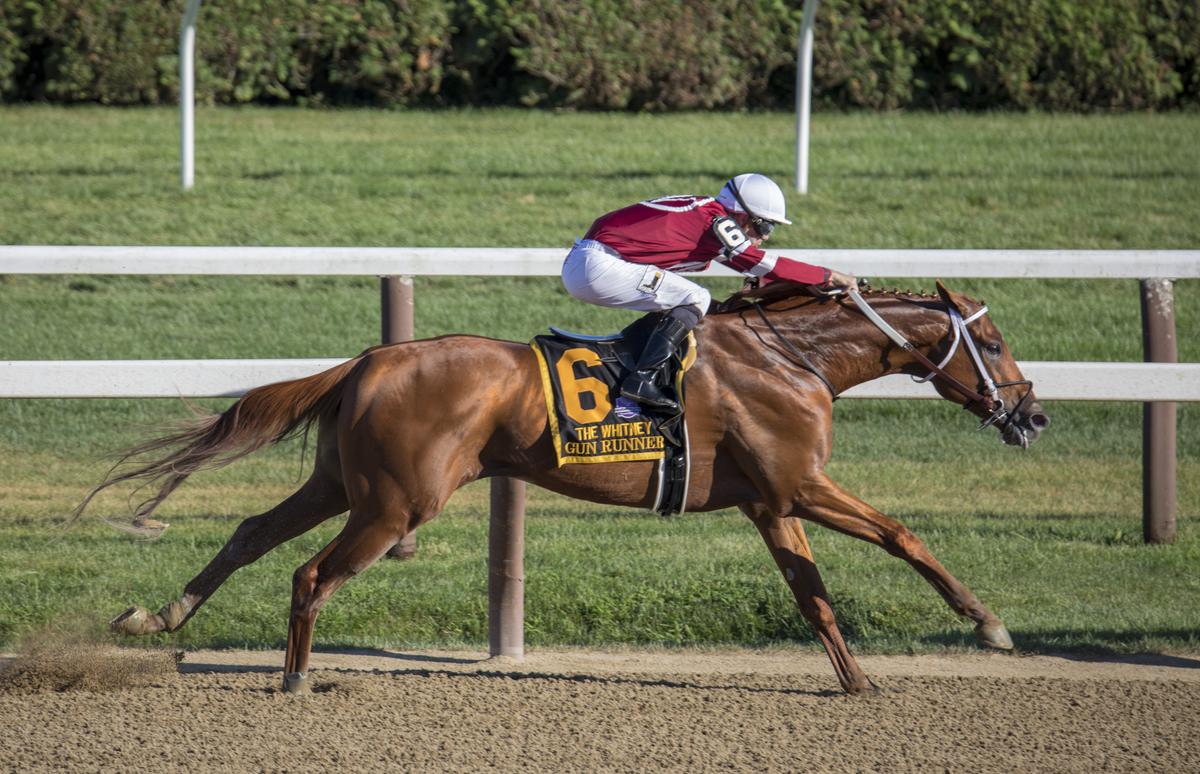4.3 Public Holidays & Special Celebrations

Australians hold certain days each year as special days of national meaning. We may recognise the day with a holiday for everyone or we can celebrate the day as a nation with special events. Most States and Territories observe some of the public holidays on the same date. They have others on different dates or have some days that only their State or Territory celebrates. In larger cities, most shops, restaurants and public transport continue to operate on public holidays. In smaller towns, most shops and restaurants close.
New Year
Australians love to celebrate New Year. There are festivals, celebrations and parties all over the country to welcome in the New Year. Sydney Harbour and Sydney Harbour Bridge have become synonymous with New Year celebrations in Australia the fireworks display is considered to be one of the best in the world. January 1 is a public holiday.
Australia Day
Australia Day, January 26, is the day we as a people and place celebrate our nationhood. The day is a public holiday. The day marks the founding of the first settlement in our nation by European people.
Easter
Easter commemorates the resurrection (return to life) of Jesus Christ following his death by crucifixion. It is the most significant event of the Christian calendar.
In addition to its religious significance, Easter in Australia is enjoyed as a four-day holiday weekend starting on Good Friday and ending on Easter Monday. This extra-long weekend is an opportunity for Australians to take a mini-holiday, or get together with family and friends. Easter often coincides with school holidays, so many people with school aged children incorporate Easter into a longer family holiday. Easter is the busiest time for domestic air travel in Australia, and a very popular time for gatherings such as weddings and christenings.
Easter Traditions
Shrove Tuesday or Pancake Day: Shrove Tuesday is the last day before Lent. In earlier days there were many foods that observant Christians would not eat during Lent such as meat and fish, eggs, and milky foods. So that no food was wasted, families would have a feast on the shroving Tuesday. Pancakes became associated with Shrove Tuesday because they were a dish that could use up perishable foodstuffs such as eggs, fats and milk, with just the addition of flour.
Hot Cross Buns: Hot cross buns are sweet, spiced buns made with dried fruit and leavened with yeast. A cross, the symbol of Christ, is placed on top of the buns, either with pastry or a simple mixture of flour and water. The buns are traditionally eaten on Good Friday however, in Australia they are available in bakeries and stores many weeks before Easter.
A recent variation on the traditional fruit bun has become popular in Australia. A chocolate version is made with the same spiced mixture, but cocoa is added to the dough and chocolate chips replace the dried fruit.
Easter Eggs: Eggs, symbolising new life, have long been associated with the Easter festival. Chocolate Easter eggs are a favourite part of Easter in Australia. Some families and community groups organise Easter egg hunts for children in parks and recreational areas. Easter eggs are traditionally eaten on Easter Sunday, however stores start stocking Easter treats well before the Easter holiday period.
The Easter Bunny: Early on Easter Sunday morning, the Easter Bunny 'delivers' chocolate Easter eggs to children in Australia, as he does in many parts of the world.
The rabbit and the hare have long been associated with fertility, and have therefore been associated with spring and spring festivals. The rabbit as a symbol of Easter seems to have originated in Germany where it was first recorded in writings in the 16th century. The first edible Easter bunnies, made from sugared pastry, were made in Germany in the 19th century.
Anzac Day
Anzac Day is on April 25 the day the Australian and New Zealand Army Corps (ANZAC) landed at Gallipoli in Turkey in 1915 during World War 1. This day is set apart to hold dear the memory of those who fought for our nation and those who lost their life to war.
The day is a public holiday. We remember with ceremonies, wreath laying and military parades. You will find that many towns have an ANZAC Day parade and ceremony culminating in the laying of memorial wreaths at a monument or war memorial. These services can be very moving and a wonderful way of experiencing some Australian National pride, as the memories of our fallen soldiers are commemorated.
Many Australians attend the National War Memorial in Canberra, or a War Memorial in one of the Capital Cities around Australia for either the traditional “Dawn Service”, which commemorates the landing of the ANZACS at Gallipoli in the dark and dawning of that day, or another service usually commencing around mid-morning with a parade of returned armed forces representing all Australians who have fought in war. As Australia is such a multi-cultural country, these days it is common to see many other countries also represented in these parades.
Labor Day
Labor Day is celebrated on different dates throughout Australia. As elsewhere in the world, Labor Day originated in Australia as a means of giving ‘working people’ a day off and recognising the roots of trade unionist movements and workers’ rights. In Victoria it tends to be celebrated in the middle of March.
Queen’s Birthday
The Queen's Birthday holiday celebrates the birthday of Queen Elizabeth II who is not only Queen of the United Kingdom but also Queen of Australia, where the Queen's Birthday is a public holiday celebrated on a Monday but on different dates. Having the Queen's Birthday on a Monday, results in a three-day long weekend.
Melbourne Cup Day
The Melbourne Cup is a two-mile international horse race run on the first Tuesday of November each year, attracting the finest racehorses from around the world. Known as the “race that stops a Nation”, the day of the Melbourne Cup is a Public Holiday its home State of Victoria, and most of the nation, whether at work, school or home, stop to watch the race broadcast on television.
In other places, and mainly in the workplace, many people have a celebratory “Cup Day Breakfast”, lunch, party or barbeque to celebrate Melbourne Cup. It is traditional to run a “Cup Sweep” where everyone wages an amount per horse to create a total prize pool. The names of the horses entering the race are drawn and matched one by one to the list of people waging money.
After the race is won, the prize pool is divided into amounts for 1st, 2nd, & 3rd, and usually a small amount for last place, or horses scratched due to injury just before the race. The Melbourne Cup forms part of the “Spring Racing Carnival” which attracts celebrities from around the world. Women dress in their best outfits; hats are definitely the order of any day, gentlemen in suits of all sorts, and assorted other costumes. It’s a very colourful time to be in Melbourne.
Christmas
Christmas is celebrated in Australia on 25 December. Christmas is the celebration of the birth of Jesus Christ. Christians believe that Jesus is 'the son of God', the Messiah sent from Heaven to save the world. People of different religions, and those who are not religious, tend to celebrate Christmas.
The heat of early summer in Australia has an impact on the way that Australians celebrate Christmas and our English heritage also has an impact on some northern hemisphere Christmas traditions which are followed.
In the weeks leading up to Christmas houses are decorated; greetings cards sent out; carols sung; Christmas trees installed in homes, schools and public places; and children delight in anticipating a visit from Santa Claus. On Christmas Day family and friends gather to exchange gifts and enjoy special Christmas food. Australians are as likely to eat freshly caught seafood outdoors at a barbeque, as to have a traditional roast dinner around a dining table.
Many Australians spend Christmas out of doors, going to the beach for the day, or heading to camping grounds for a longer break over the Christmas holiday period. There are often places which have developed an international reputation for overseas visitors to spend Christmas Day in Australia. One such example is for visitors who are in Sydney at Christmas time to go to Bondi Beach where up to 40,000 people visit on Christmas Day.
Carols by Candlelight have become a huge Christmas tradition in Australia. Carols by Candlelight events today range from huge gatherings, which are televised live throughout the country, to smaller local community and church events.
Christmas in Australia is also associated with two major sporting events:
The Boxing Day Test: December 26 is the opening day of the traditional 'Boxing Day Test' at the MCG (Melbourne Cricket Ground) between the Australian Cricket Team and an international touring side. It is the most anticipated cricket match each year in world cricket, and tickets are usually sold out months in advance.
The Sydney to Hobart Yacht Race: the “Sydney-to-Hobart” is Australia’s most prestigious yachting race and on the calendar of international yacht racing, and begins 26 December in beautiful Sydney Harbour.
(Source: Australian Government – Culture and Recreation Portal








